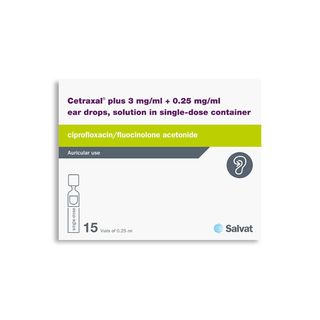
Ear Infections
Ear infections are very common, especially in children. They often come complete with a high temperature, pain in and around the ear and nausea, leaving you feeling pretty unwell. Seeing your little one suffering with an inner or outer ear infection – or experiencing the pain of an infection yourself – can be really tough, and we know you’ll want to get the infection sorted as quickly as possible. Most ear infections should start to get better after around 3 days. Let’s find the right solution and bring you or your child relief from ear infections.
Ear Infections Treatments
- Out Of Stock
 Cetraxal Plus Ear Drops
Cetraxal Plus Ear Drops - Out Of Stock
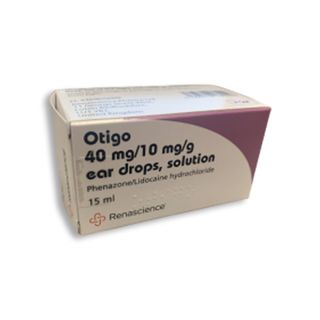
Otigo Ear Drops
Otigo Ear Drops - Out Of Stock
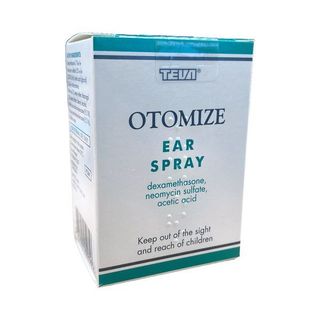
Otomize Ear Spray
Otomize Ear Spray - Out Of Stock
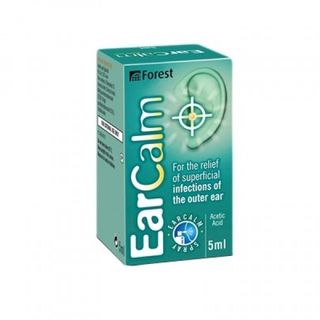
EarCalm Spray
EarCalm Spray26 reviews - Out Of Stock
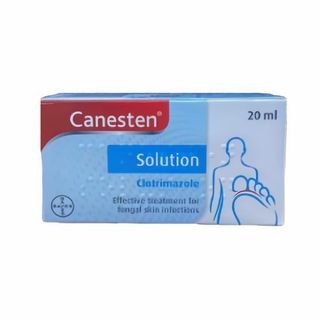
Canesten Solution
Canesten 1% Solution
View recommended products for Ear Infections
Don't wait to get the medical help you need.
View our recommended treatments and select your preferred treatment and quantity from a list of options for you.
Selected by our UK-based medical team
Quick and easy checkout
Treatments dispatched same day (before 3pm)
Ordering as easy as 1, 2, 3
1. Find the ideal treatment
We can provide over 1099 leading medicines to treat over 94 conditions.
2. Get a free consultation
Our qualified healthcare professionals will assess your condition and needs.
3. Enjoy speedy delivery
And when the time comes to re-order, it'll only take a couple of clicks.
Advice for Ear Infections
What are Ear Infections?
An ear infection, otherwise known as acute otitis media, is an infection that affects the middle ear or otitis externa, an infection of the outer ear. Ear infections are very common, they can affect people of all ages but they most commonly occur in children.
Most ear infections do not require any treatment and will clear up on their own within a few days. However, for those who experience severe or recurrent infections, antibiotics are usually required to prevent long-lasting damage to the ear or ears, which can result in hearing loss.
Symptoms of an Ear Infection
Most symptoms of ear infections start very quickly and clear up, without treatment, within 3 - 7 days. The most common symptoms include:
- Pain inside the ear
- A high temperature of 38C or above
- Nausea and vomiting
- Lethargy
- Difficulty hearing
- Discharge from the ear
- A build-up of pressure inside the ear
- Itching in and around the ear
- Dry, scaly skin in and around the ear
How are Ear Infections diagnosed?
An ear infection can normally be quickly diagnosed by a doctor based on the symptoms you describe and your medical history.
The doctor will usually have a look inside the ears, throat and nasal passage and take your or your child’s temperature to look for clinical signs of an infection.
For those that are regularly affected by ear infections, you are likely to be able to recognise symptoms of an ear infection as soon as it starts to develop.
How are Ear Infections treated?
For mild and transient ear infections, these do not usually require treatment and should clear up on their own within 3 - 7 days.
To manage your symptoms it is recommended that you:
- Take regular painkillers, for example, paracetamol and ibuprofen
- Place a warm or cold flannel on the infected ear
- Regularly remove any discharge from the ear with a clean swab or cotton wool ball
For more severe infections, for example, if your symptoms do not improve after 3 days or you have a very high temperature you are likely to need antibiotics. Antibacterial solutions such as Earcalm, steroids such as Otomize Ear Spray or anti-fungal drops such as Canesten Solution can also be used to relieve symptoms of outer ear infections.
Can flare-ups of Ear Infections be prevented?
Inner ear infections are difficult to prevent as they are often triggered by cold or the flu. There are however things that can be done to try and prevent infections of the outer ear. These include:
- Avoid cleaning your ears with cotton wool buds or putting your fingers in your ears
- Wear earplugs or a swimming hat over your ears when you swim
- Avoid water or shampoo getting into your ears when you have a shower or bath